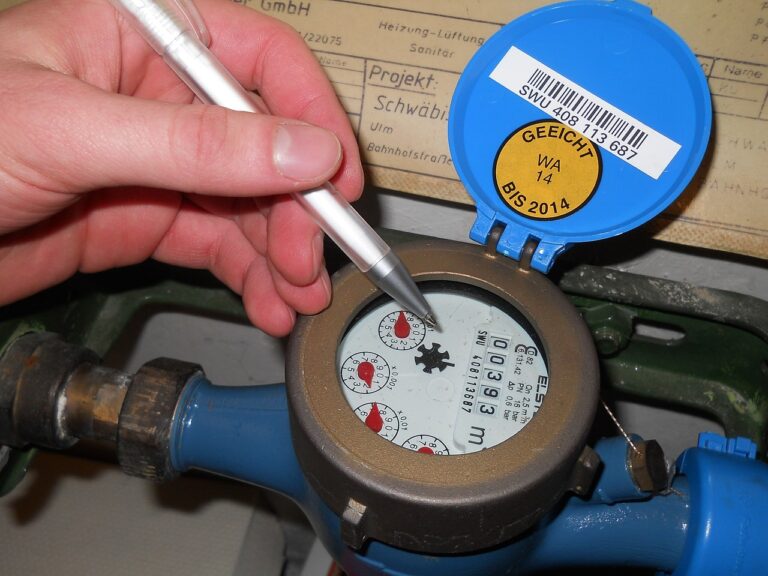The Role of Virtual Reality in Cultural Sensitivity Training for Healthcare Professionals
all panel login mahadev book, lotus bhai.com, laser book 247 com registration: Virtual reality (VR) technology has been rapidly advancing in recent years, with its applications extending beyond just gaming and entertainment. One area where VR is making significant strides is in cultural sensitivity training for healthcare professionals. By immersing users in realistic scenarios, VR can provide a safe space for healthcare workers to understand and empathize with patients from diverse cultural backgrounds.
Understanding Cultural Sensitivity
Cultural sensitivity is crucial in healthcare settings as it ensures that patients receive care that is respectful of their beliefs, values, and traditions. Healthcare professionals must be able to communicate effectively with patients from different cultural backgrounds to provide quality care and build trust. However, cultural differences can sometimes lead to misunderstandings and miscommunication, affecting the quality of care patients receive.
Role of VR in Cultural Sensitivity Training
VR offers a unique solution to this challenge by providing healthcare professionals with immersive and interactive training experiences. Through VR simulations, healthcare workers can step into the shoes of patients from various cultural backgrounds and navigate culturally sensitive situations. By experiencing these scenarios firsthand, professionals can develop a better understanding of cultural differences and learn how to respond appropriately.
Benefits of VR Training
1. Immersive Learning: VR provides a realistic and immersive learning environment that allows healthcare professionals to practice cultural sensitivity skills in a safe and controlled setting.
2. Empathy Building: By experiencing situations from the perspective of patients, healthcare workers can develop empathy and better understand the challenges faced by individuals from different cultural backgrounds.
3. Skill Development: VR training can help healthcare professionals develop effective communication skills, learn to navigate cultural differences, and build trust with patients.
4. Cost-Effective: VR training eliminates the need for in-person cultural sensitivity workshops, saving time and resources while still providing valuable learning experiences.
Implementing VR Training Programs
Healthcare facilities can incorporate VR training into their cultural sensitivity programs by partnering with VR technology providers or developing in-house simulations. These programs can be tailored to specific cultural groups or healthcare specialties to address the unique needs of each patient population.
Overall, the role of virtual reality in cultural sensitivity training for healthcare professionals is invaluable. By providing immersive learning experiences, VR can help bridge cultural gaps, improve patient outcomes, and create a more inclusive healthcare environment.
FAQs
Q: Is VR training suitable for all healthcare professionals?
A: Yes, VR training can benefit healthcare professionals at all levels, from physicians and nurses to support staff.
Q: How effective is VR training compared to traditional methods?
A: Studies have shown that VR training can be more engaging and effective than traditional classroom-based learning when it comes to developing cultural sensitivity skills.
Q: Are there any specific VR platforms recommended for cultural sensitivity training?
A: There are various VR platforms available for cultural sensitivity training, including custom-built simulations and off-the-shelf solutions tailored to healthcare settings.
In conclusion, virtual reality is revolutionizing cultural sensitivity training in healthcare, offering a dynamic and immersive approach to developing essential skills for providing patient-centered care. By embracing VR technology, healthcare professionals can enhance their cultural competence and deliver more personalized care to patients from diverse backgrounds.







